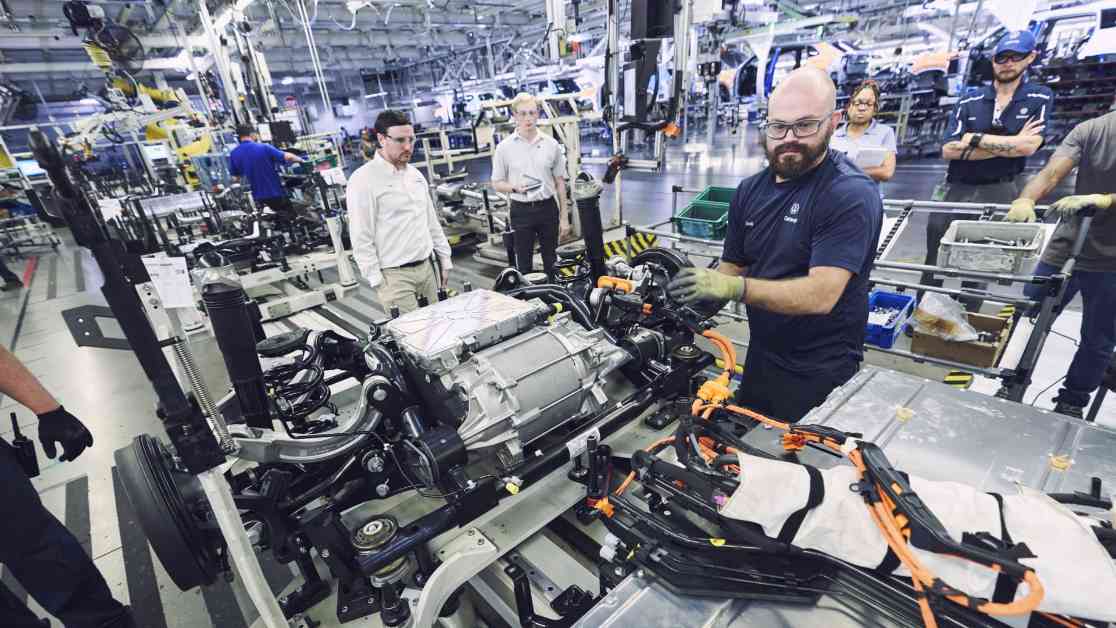Impact of Trump and GOP Attacks on IRA in Red States: A Closer Look
The recent resurgence of Republican control in Congress has reignited the energy debate, with Speaker of the House Mike Johnson spearheading the charge against clean-energy initiatives like the Green New Deal. The focus on dismantling the Inflation Reduction Act (IRA) proposed by President Joe Biden has stirred up a storm of controversy and implications that extend far beyond mere policy changes.
Investments in Clean Energy Technology
Contrary to popular belief, data from the auto industry paints a different picture when it comes to investments in electric vehicles (EVs) and related technologies. Surprisingly, states under Republican leadership have seen a surge in EV-related investments, challenging the notion that clean energy is a partisan issue. The top states for EV investments, including Michigan, Arizona, North Carolina, and Nevada, show a strong trend towards embracing clean energy despite political affiliations.
The Human Side of Clean Energy Jobs
Behind the statistics and political rhetoric lies a human story of hundreds of thousands of clean-energy jobs at stake. The IRA has been a lifeline for many workers across red states, providing not just employment but also a sense of economic security and stability. With the threat of the IRA’s repeal looming large, the livelihoods of these hardworking Americans hang in the balance.
Take the case of Dalton, Georgia, home to the largest solar panel manufacturing plant in the western hemisphere. The plant not only symbolizes progress in clean energy but also serves as a beacon of hope for the local community. The 2,000 jobs created by the plant are not just numbers on a balance sheet but represent families, dreams, and futures intertwined with the promise of a greener tomorrow.
Union Organizing and Economic Impact
Unions have played a pivotal role in advocating for clean-energy jobs and ensuring that workers receive fair wages and benefits. The surge in unionization rates within the clean energy sector highlights the importance of protecting these jobs and the workers who depend on them. From the United Auto Workers’ efforts to support non-union autoworkers to the Laborers’ International Union of North America’s commitment to safeguarding jobs, unions are at the forefront of the fight to preserve the IRA and its economic benefits.
The economic implications of repealing the IRA extend far beyond just job losses. Studies have shown that a repeal could result in a significant loss of revenue, job opportunities, and exports, creating a ripple effect that could impact the entire economy. As the debate rages on in Congress, the future of clean energy and the livelihoods of countless Americans hang in the balance. The question remains: will political ideologies trump the well-being of the people they are meant to serve?













